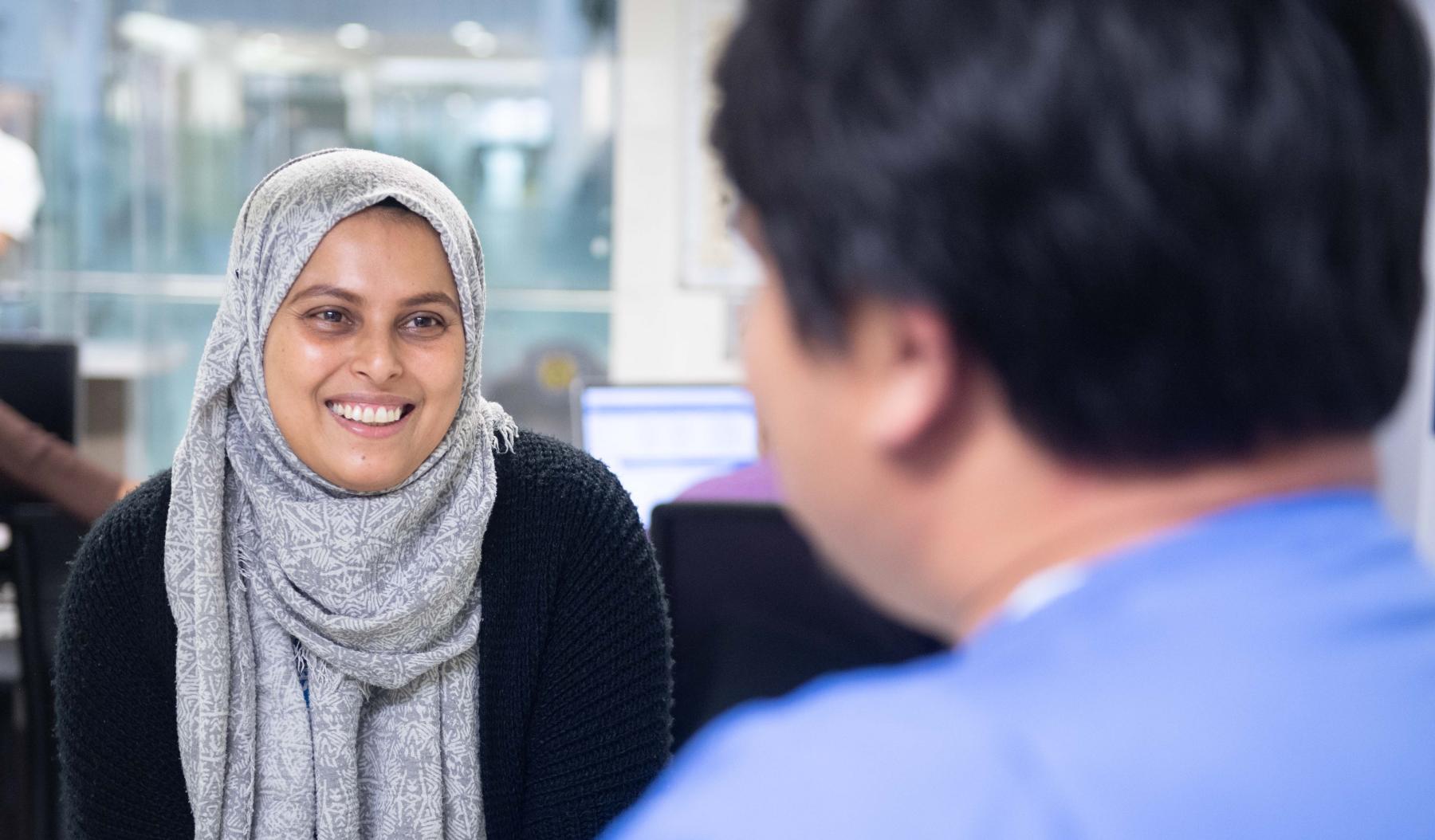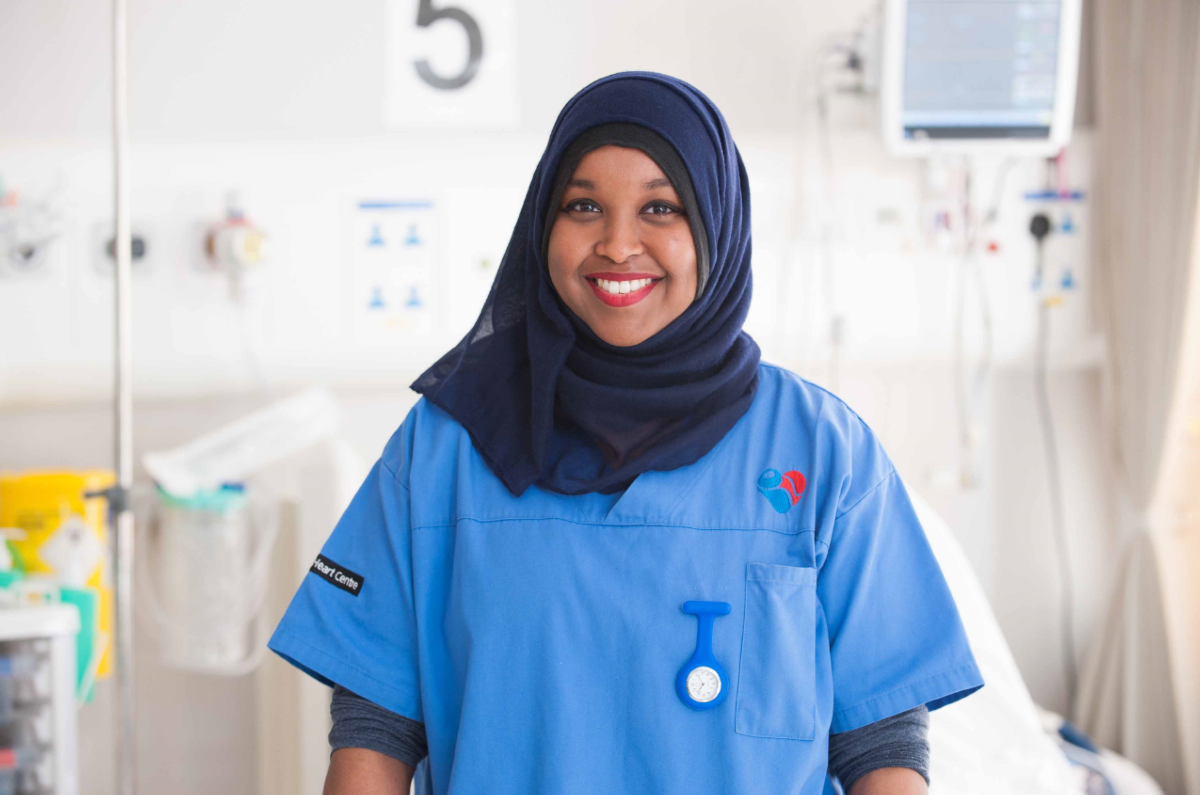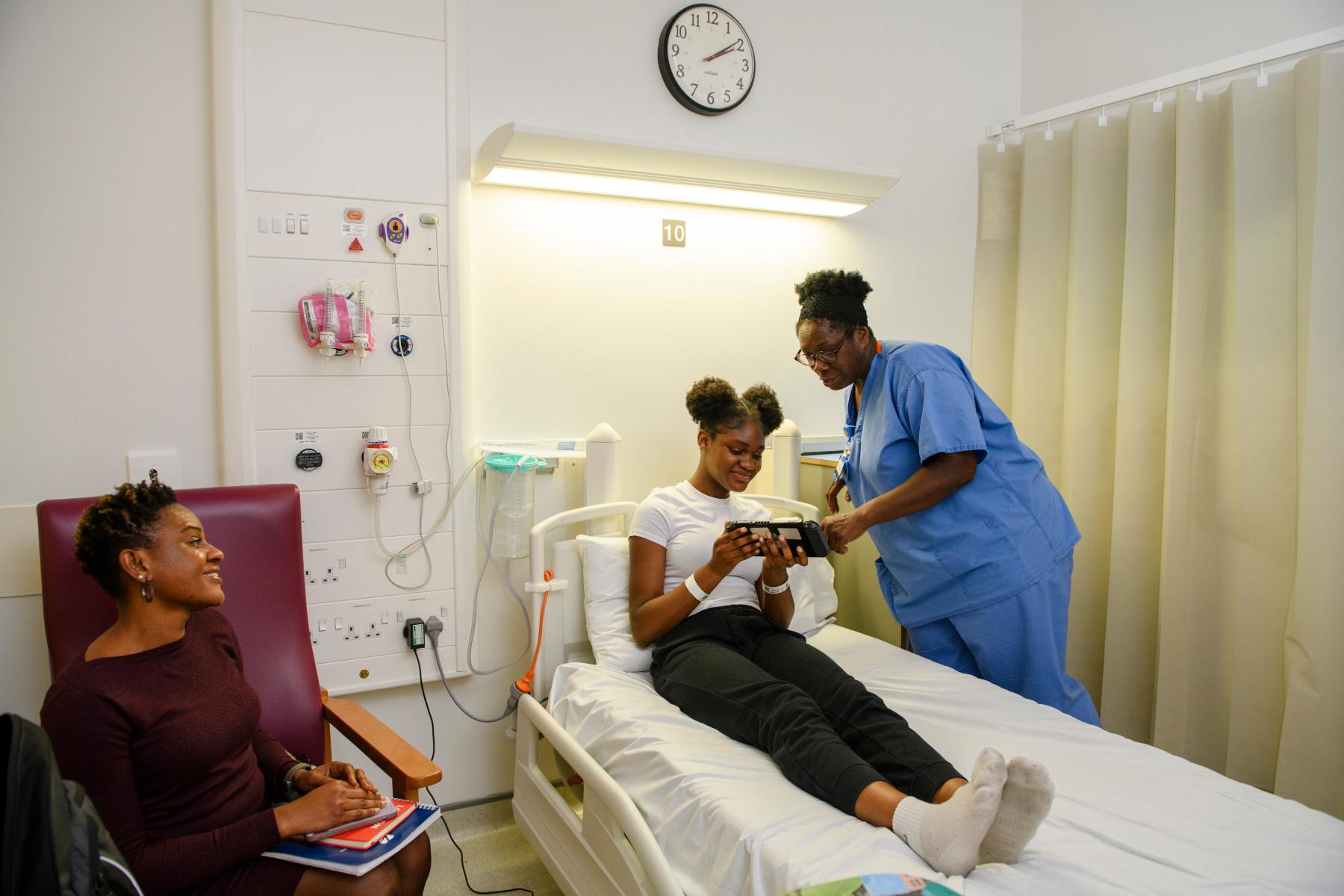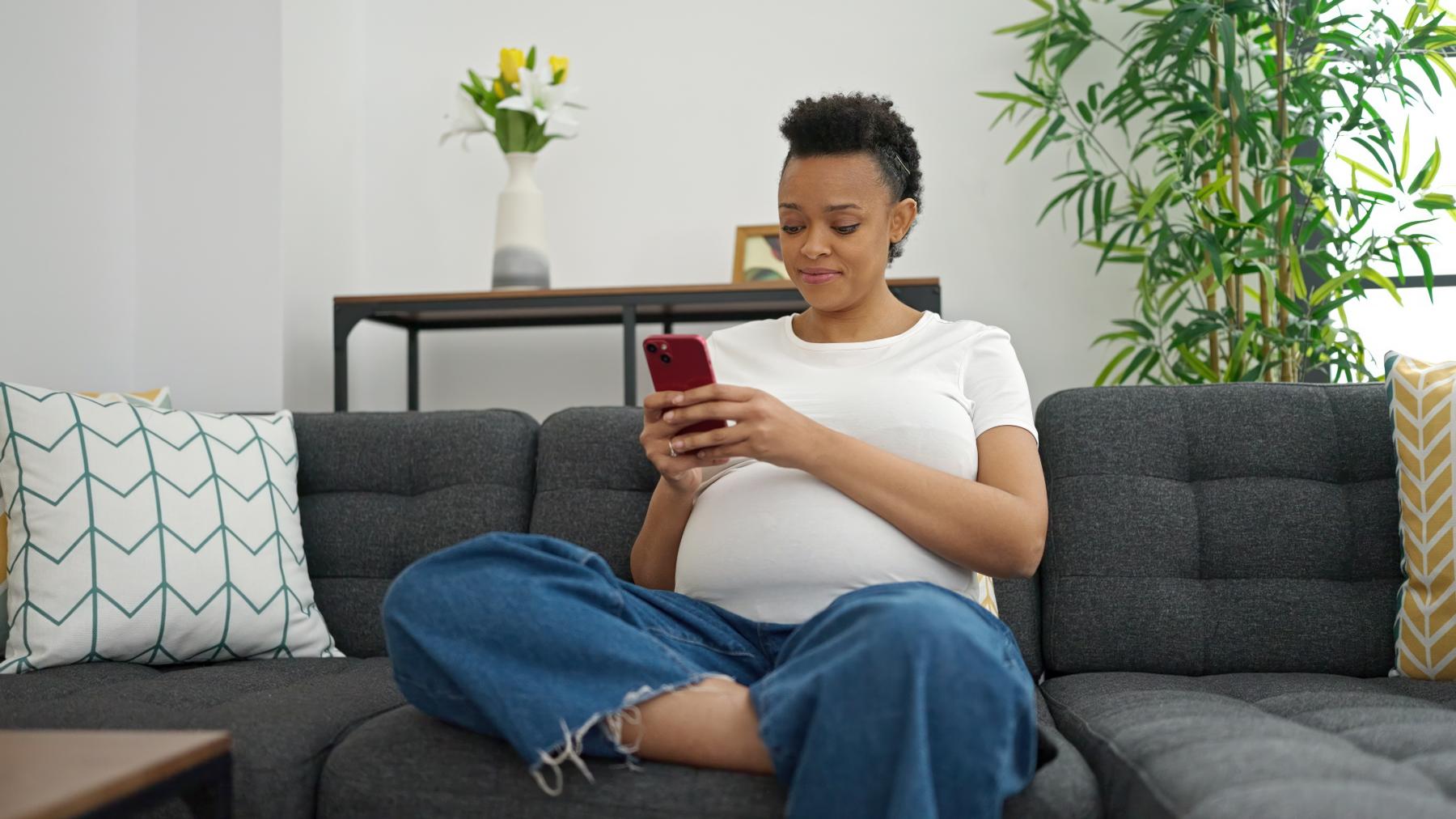Electronic Consent
Electronic consent
A safer, more convenient way to give your consent
We now use electronic consent forms instead of paper-based ones.
This gives you more time to think about your treatment, talk it over with your family or friends, and make your decision in the comfort of your own home. It’s designed to make the process safer, simpler and more convenient for you.
Read our electronic consent FAQs[docx] 11KB to find out more












